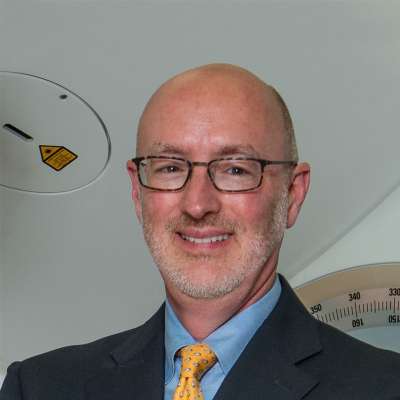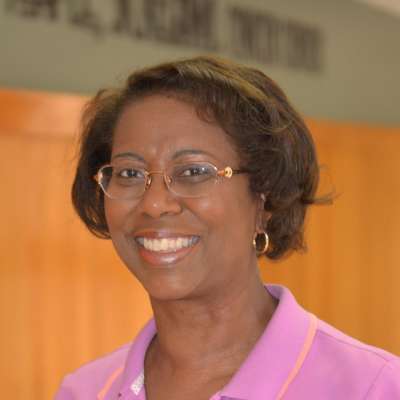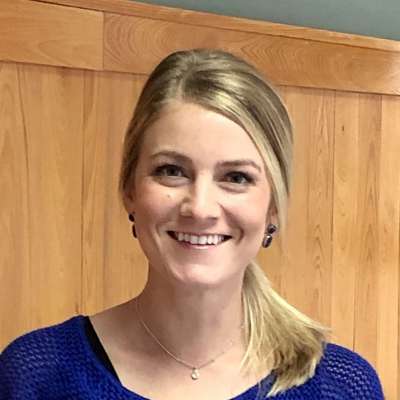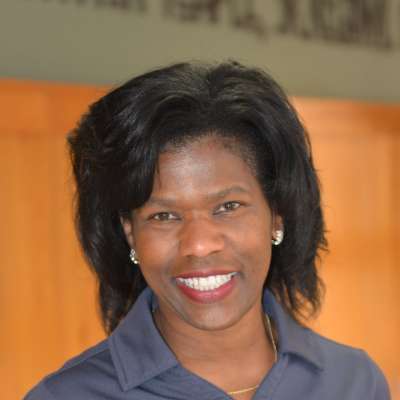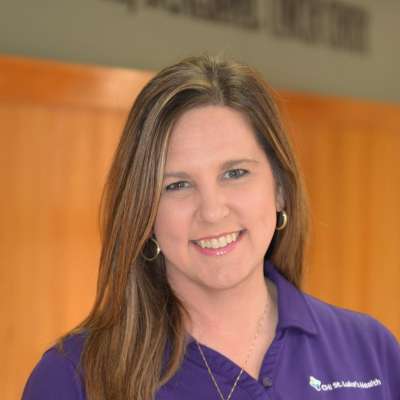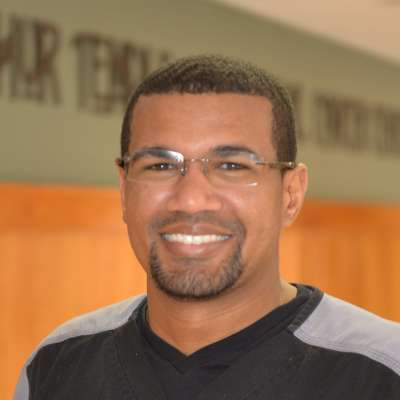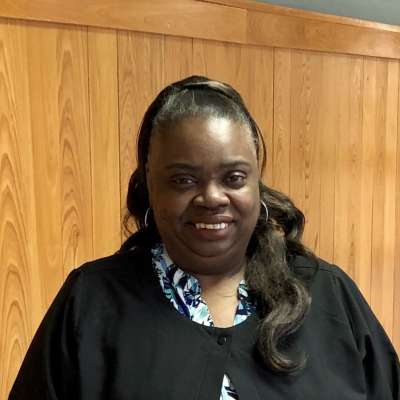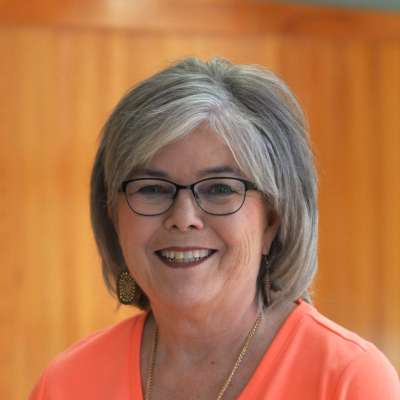One of the most valued assets in the United States is a good education.[1] It has been the ticket to advancement and success for generations of people, natural born and immigrant alike. Some would say it is essential to achieving the American Dream.
Getting an education is, of course, about more than making money, though that is certainly a benefit.[2] A solid educational foundation is necessary, among other things, to discern fact from fiction, truth from lies, news from provocation and self-promotion. Unfortunately, in today’s politicized climate, there is little room for disagreement or critical thinking.
Education, especially in the sciences, is about testing and determining the facts. It involves rational thought. Through experimentation, accounting for biases, we come closer to truth – or at least trustworthiness – preferably with a high degree of confidence.
But one must be on the lookout for bad science, too. Writing in The Atlantic, Derek Thompson notes, “An abundance of crappy or confusing research gives audiences access to an armory of factoids, from which they can construct and defend any narrative they choose. For every position, there is an ostensible expert, an apparent paper, and an alleged smoking gun. Thus, the internet tends to serve as an infinity store for pop-up conspiracy theorists. My advice in navigating this mess is: Do not trust people who, in their handling of complex questions with imperfect data, manufacture simplistic answers with perfect confidence. Instead, trust people who allow for complexity and uncertainty.”[3]
Consider the recent brouhaha about whether the COVID-19 pandemic was the result of a lab leak or natural transmission. The Department of Energy changed their position from undecided to support for the lab leak hypothesis. I cannot read the report myself – it is classified – but ostensibly the Energy Department made the judgment with “low confidence.”[4] Several other agencies continue to believe that natural transmission was the likely cause (and with little or no more confidence than the Energy Department). From a scientific standpoint, the origin is still unknown with any degree of certainty, and may never be known, given the Chinese government’s obfuscation. A discerning public would understand that we still don’t have a smoking gun or final answer. Some politicians, on the other hand, are having a field day.[5]
When politics, conspiracy theories, and a pandemic mix, the results can be devastating. In March 2022, ABC News reported that one year after COVID-19 vaccinations became widely available, there was “a gulf in COVID-19 death rates between red and blue states” with the death rates in states that voted for Trump more than 38% higher than in states that voted for Biden.[6] Drilling down to the county level, sociologist Don Albrecht found that in counties with a high percentage of Republican voters, vaccination rates were significantly lower and COVID-19 cases and deaths per 100,000 residents were much higher.[7]
Look at the willingness of people to believe the “reporting” over the “stolen” 2020 election. Fox Corp. Chairman Rupert Murdoch admitted under oath that he and many commentators knew that the election wasn’t stolen, but that Fox commentators promoted Trump’s conspiracy theory lies anyway.[8] Fear of losing ratings drove this decision, not the facts.[9] Commentators like Tucker Carlson continued to keep the lie alive because it brought in advertising dollars and lined their own pocketbooks. Follow the money, as they say.
If one wants to know which country has the most “ignorant”[10] (there is an Index of Ignorance that looks at our perceptions versus reality) and “gullible”[11] citizens, the United States is certainly in the running. We are the home of stolen elections conspiracies,[12] Pizzagate,[13] Q-anon,[14] and anti-vaxxer trolls.[15] Why are we so gullible? A study released by security firm PC Tools and survey firm The Ponemon Institute showed that younger, less educated, underpaid Americans are the group most likely to fall for online cons, fake charities, and the like.[16] But everyone is vulnerable.
"I really think that complacency, not stupidity, is driving some of these results. Some people may have focused their lives around their computer and Facebook relationships (so) that they lose track of what's real."[17] Rich Clooke, PC Tools
I would add laziness to the mix. We are quick to like and re-post, slow to analyze and think. Stephen Greenspan, author of “Annals of Gullibility: Why We Get Duped and How to Avoid it,” views gullibility as a “foolish behavior” and that such behavior is linked to the situation (just look at the pack mentality of many of the January 6 rioters), cognition (again, our ability to discern and think critically), personality (some people are just more gullible), and emotion. “Emotion is almost always a tool of con artists,” Greenspan notes. That can include televangelists, presidential candidates, and “news” commentators, I might add.
Finland – one of my favorite countries – is tackling fake news with education. A Media Literacy Index compiled by the Open Society Institute in Sophia found Finland to be the most resilient of European countries to disinformation.[18] “Studies show a positive relationship between the level of education and resilience to fake news, the OSI report said, with more knowledge and better critical-thinking skills guarding against fabricated information. Finland, Sweden, and the Netherlands are among countries that teach digital literacy and critical thinking about misinformation to school children.”[19] With Russia as its neighbor, Finland knows a thing or two about lies and misinformation.
We live in a time when telling truth from lies, real from ChatGPT, authentic from deep fake is becoming increasingly difficult. Even a Congressman like George Santos can get away with lies with no remorse (and, to date, no consequences).[20] It behooves each of us to do the hard work of discernment and to be willing to admit when what we wish is true really isn’t. Solomon was granted “a wise and discerning mind.”[21] We should seek the same.
[1] https://www.nasfaa.org/news-item/25634/Americans_Views_on_Value_of_Higher_Education_Hold_Steady_But_Fewer_Say_It_Has_Positive_Impact
[2] https://www.bls.gov/emp/chart-unemployment-earnings-education.htm
[3] https://www.theatlantic.com/ne...
[4] https://www.wsj.com/articles/covid-origin-china-lab-leak-807b7b0a
[5] https://www.newyorker.com/news/daily-comment/lab-leaks-and-covid-19-politics
[6] https://abcnews.go.com/Health/red-blue-america-glaring-divide-covid-19-death/story?id=83649085
[7] https://doi.org/10.1186/s12889-021-12432-x
[8] https://news.yahoo.com/murdoch-testified-fox-commentators-endorsed-222614792.html
[9] https://www.nytimes.com/2023/03/04/us/politics/panic-fox-news-2020-election.html
[10] https://www.independent.co.uk/news/world/world-most-ignorant-countries-index-ipsos-mori-poll-survey-a7481196.html
[11] https://www.nbcnews.com/business/consumer/whos-most-gullible-online-why-secrets-scam-world-revealed-flna6c10407077
[12] https://www.texastribune.org/2022/11/04/dan-crenshaw-election-deniers/
[13] https://www.rollingstone.com/feature/anatomy-of-a-fake-news-scandal-125877/
[14] https://www.nytimes.com/article/what-is-qanon.html
[15] https://www.the-scientist.com/critic-at-large/dismantling-anti-vaccine-rhetoric-on-social-media-69499
[16] https://www.nbcnews.com/business/consumer/whos-most-gullible-online-why-secrets-scam-world-revealed-flna6c10407077
[17] https://www.nbcnews.com/business/consumer/whos-most-gullible-online-why-secrets-scam-world-revealed-flna6c10407077
[18] https://www.weforum.org/agenda/2019/05/how-finland-is-fighting-fake-news-in-the-classroom/
[19] https://www.weforum.org/agenda/2019/05/how-finland-is-fighting-fake-news-in-the-classroom/
[20] https://nymag.com/intelligencer/2023/02/the-everything-guide-to-george-santoss-lies.html
[21] https://www.biblegateway.com/passage/?search=1+Kings+3%3A12&version=ESV


